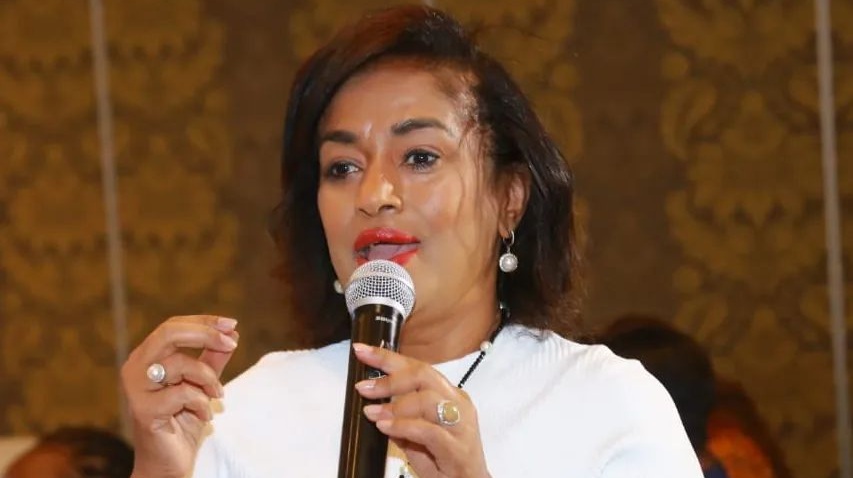
Nairobi Women Representative Esther Passaris has affirmed that she supports President William Ruto on the directive to shift to electronic procurement.
Electronic procurement is the digitisation of the entire procurement process scheduled to be fully operational across all government ministries, departments, and agencies by July 1, 2025, according to the National Treasury.
Ruto issued a stern warning to government officials resisting the adoption of the e-procurement system stating that there is no turning back in the fight against corruption and wastage of public resources.
In a statement on September 1, Passaris said she supports President Ruto adding that the move will help end corruption in the country.
“I stand with
President William Ruto: There is no going back on electronic procurement. Digitizing
our procurement systems is the only way to end cartels, seal corruption
loopholes, and ensure every shilling works for Kenyans,” Passaris said.
Ruto said some individuals within
government are adamant about clinging to outdated procurement methods that have
long enabled corruption and inflated public spending.
“There are people who want to stick to the old ways where the government buys a product worth Sh2 at Sh10,” the President said.
Ruto made it clear that officials unwilling to transition to the new digital system should consider stepping down.
“Any officials who are not ready to continue with e-procurement can as well leave,” he said. “They will not stop us from fully adopting this system and ensuring our resources are used as expected.”
A section of lawmakers expressed concerns over the government’s directive requiring all government entities to adopt the e-procurement system.
The legislators warned that the rollout could face legal challenges and may limit access to public tenders in areas with poor internet connectivity.
The directive mandates that suppliers register on the system to participate in government tenders.
Leaders, including Narok Senator Ledama Olekina, Kathiani MP Robert Mbui, and Nyeri Town MP Duncan Mathenge, have questioned the feasibility and legality of the rollout.
In an interview on Citizen TV, MP Mbui expressed concerns that the system may not meet constitutional standards of fairness, transparency, and accessibility.
He noted that areas with limited internet access could be disadvantaged in procurement processes.
Senator Olekina acknowledged the benefits of digitising procurement but argued that the national government may lack the authority to impose the system on counties.
He cautioned that insufficient consultation could lead to legal disputes and strain county resources.
MP Mathenge raised questions about the country’s readiness for a fully digital procurement system and its potential effectiveness in improving transparency, citing challenges in previous digitisation initiatives.
The National Treasury, however, maintains that the e-GP system is a key reform aimed at enhancing accountability, reducing human interference in procurement, and improving service delivery.













